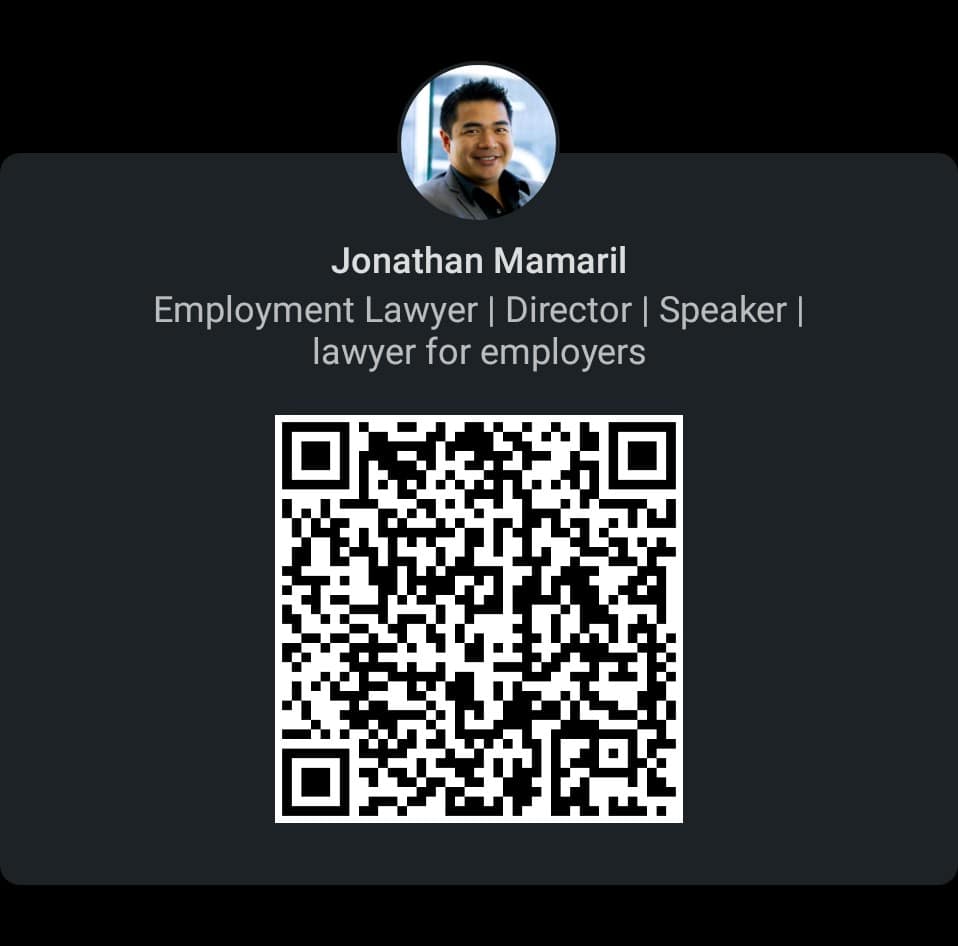
The leading case of Western Union Business Solutions (Australia) Pty Ltd v Robinson [2019] FCAFC (Western Union Case) gives Human Resources teams a decision to rely upon when to comes to issues around:
- Disability
- Long term illness
- General Protections cases
Decision
In the Western Union case the Full Bench of the Federal Court decided the following:
The Court held that the trial judge was in error in finding that adverse action was taken against Mr Robinson because of his mental disability – ie depression. The Court’s view was that Mr Robinson was dismissed as a result of his behaviour to:
- not attend an independent medical examination (IME); and
- his unwillingness to return to work.
Those decisions were not a manifestation of his depression.
Capacity for Work
A crucial understanding by the Full Bench was that the disability should be treated separate to the consequential inability to attend work.
The Employer was adamant that they did not decide to terminate the employee’s employment because of his disability. The evidence presented and accepted was that the Employer was concerned that Mr Robinson had failed to cooperate with the IME and believed that the employee was working elsewhere.
The Employer did not believe the employee was unwell.
However, more importantly there was no medical evidence to confirm that he in fact was ill. The Employer did not actually know whether the Employee was genuinely unwell and whether his absence from work was explained by his underlying condition. However, either he was not genuinely unwell and was therefore able but unwilling to return to work, or, if he was genuinely unwell, then he had been so for seven (7) months and the Employer was concerned that he could not fulfil the requirements of his position for the reasonably foreseeable future.
In short, the Employer the motivation and the mind of the decision maker was ultimately motivated by whether the employee had the capacity for work as opposed to any other concerns they may (or may have perceived to have had).
Separation of the Disability
The Full Bench went a step further in their conclusion in finding in favour of the Employer. It was the Court’s view that all the Employer was considering was whether the Employee had capacity for work. Whether it be via illness or an unwillingness to work.
The decision to terminate was not based on the fact that the employee was depressed. His mental disability was not considered.
The Court said you can go further – even if you found that the employee’s mental disability on his work capacity was found to be a manifestation of his disability, you can disaggregate (separate) a disability and its manifestation from the consequences of that manifestation or disability. The consequence of course was that he no longer demonstrated a capacity for work.
E.g. lethargy may be a manifestation of depression. Constant Lateness (which may result in conduct based Termination) or inability to perform duty of the role (capacity based termination) may be the consequence. You can take action against an employee for the consequence without necessarily taking action against the employee for their disability or manifestation of their disability.
Points to Consider
- The capacity for work, that is, either an unwillingness or genuine illness will be (with evidence) a defence that can be utilised
- Courts (with some deviation and understandably a bit convoluted) will consider the separation of the disability and manifestation from the consequences of the disability
- To provide evidence in a cogent way to a Court the decision maker will need to demonstrate how they came to their conclusion – contemporaneous notes, your own support person in meetings and obtaining legal advice prior to key and tricky management discussions can help greatly in this regard
- Be very careful with General Protections Claims its natural difficulty with the reverse onus of proof and potential for penalties and accessorial liability means legal advice should be obtained as early as possible
NB Lawyers – Lawyers for Employers undertake and offer an obligation free consultation – we are happy to help.
Reach out via [email protected] or +61 (07) 3876 5111 to book an appointment.
If you got value out of this article email [email protected] or click on this link to subscribe to our value added newsletter.
Written By
Director
NB Lawyers – Lawyers for Employers

Jonathan Mamaril leads a team of handpicked experts in the areas of employment law and commercial law who focus on educating clients to avoid headaches, provide advice on issues before they fester and when action needs to be taken and there is a problem mitigate risk and liability. With a core value of helping first and providing practical advice, Jonathan is a sought after advisor to a number of Employers and as a speaker for forums and seminars where his expertise is invaluable as a leader in this area as a lawyer for employers.


